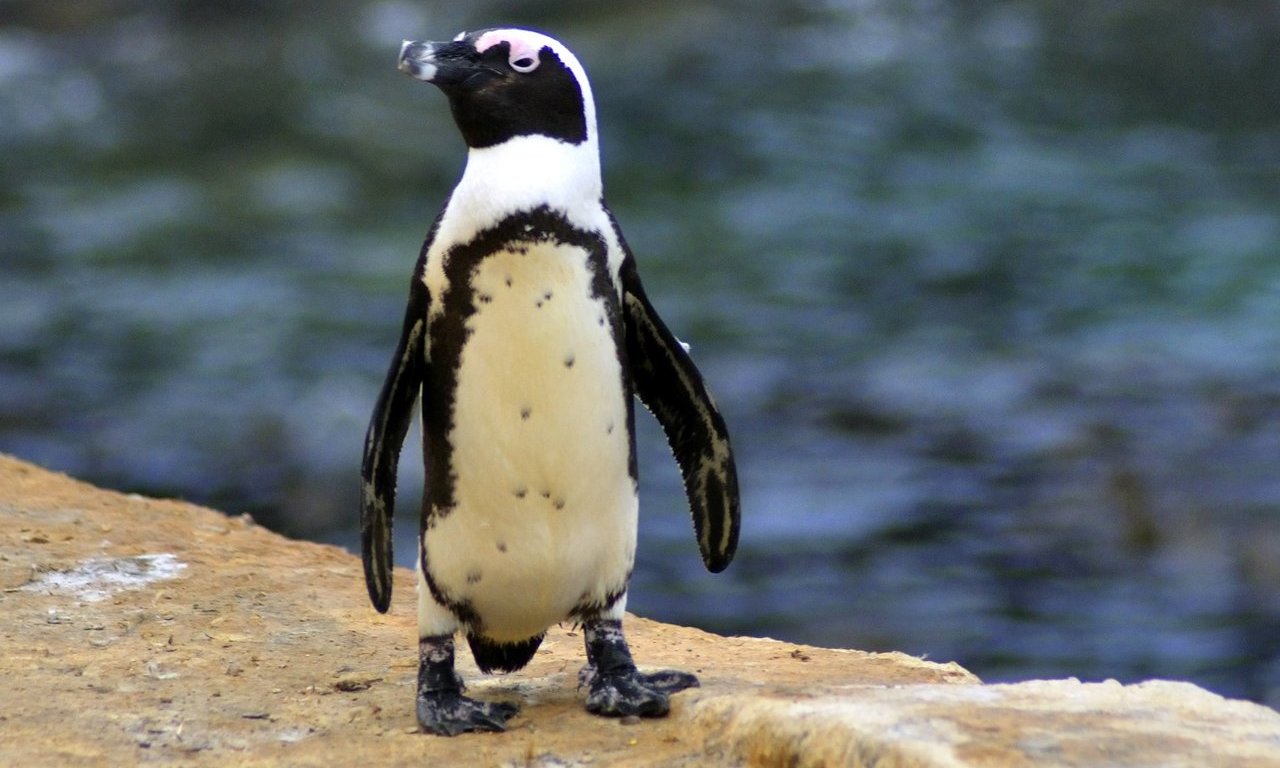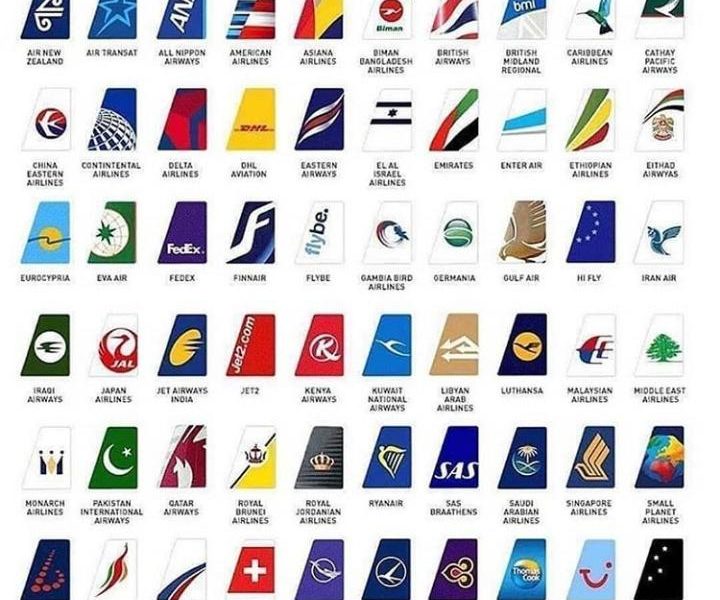The clock is ticking for South Africa’s African penguins. With extinction looming by 2035, the country has taken a decisive step to protect these iconic birds by establishing no-fishing zones around their most critical breeding colonies.
A Species on the Brink
The African penguin’s decline tells a sobering story. With only about 10,000 breeding pairs left, the endangered African penguin is at risk of extinction by 2035. The numbers are even more alarming when you consider that the remaining mature individuals around 19,800 birds in a declining population represent a fraction of historical levels.
In October 2024, the African penguin became the first penguin species in the world to be listed as critically endangered by the International Union for the Conservation of Nature. This classification marks a critical turning point in conservation efforts for these distinctive black-and-white seabirds.
The No-Fishing Zone Solution
After intense negotiations between conservationists, government officials, and fishing industry representatives, South Africa has implemented comprehensive no-fishing zones to protect endangered penguins. The court order, issued on March 18, 2025, mandates a 20-kilometer no-fishing radius around Robben Island and Bird Island—two of the most significant penguin breeding sites.
The protection extends beyond these primary locations. This agreement, now an order of the court, establishes biologically meaningful no-fishing zones around six key penguin colonies—Dassen Island, Robben Island, Stony Point, Dyer Island, St Croix Island, and Bird Island—covering 76% of South Africa’s penguin population.
Sardine and anchovy fishing will not be allowed for 12 miles (20km) around the penguin colony off Cape Town on Robben Island, where Nelson Mandela was imprisoned, and Bird Island, across the bay from Gqeberha, also known as Port Elizabeth.
Why Fishing Competition Matters
The relationship between commercial fishing and penguin survival centers on food competition. African penguins primarily feed on sardines and anchovies—the same species targeted by South Africa’s commercial fishing industry. When fishing vessels operate near penguin colonies, they reduce the availability of these crucial food sources, forcing parent penguins to travel farther from their nests to find adequate nutrition for their chicks.
This extended foraging time creates a cascading effect: longer trips mean less time protecting nests from predators, reduced feeding frequency for chicks, and higher mortality rates for both adults and offspring.
Long-Term Conservation Strategy
The closures will remain in effect from early 2024 through the end of 2033 (with a review in 2030), providing nearly a decade of protection for these endangered penguins. This timeline allows researchers to monitor population recovery and adjust conservation strategies based on observed outcomes.
The deal establishes a 12-mile no-fishing zone around Robben Island, just off Cape Town, and Bird Island, near Gqeberha (formerly Port Elizabeth). Four other colonies will also see partial fishing closures, aiming to ease competition for food and improve penguin survival rates.
Beyond Ecological Impact
The stakes extend beyond wildlife conservation. The loss of this species—a vital part of the marine ecosystem and South Africa’s ecotourism sector—could have significant ecological and cultural impacts. African penguins serve as key indicators of ocean health and contribute substantially to South Africa’s tourism economy through popular viewing sites like Boulders Beach.
Challenges Ahead
While the no-fishing zones represent progress, some experts question whether the measures go far enough. Critics argue that the protected areas may not align perfectly with penguin foraging patterns, potentially limiting the effectiveness of these conservation efforts.
The success of South Africa’s no-fishing zones for protecting endangered penguins will ultimately depend on enforcement, monitoring, and the ability to adapt these measures based on scientific evidence. With African penguins facing extinction within the next decade, these conservation zones may represent their last chance for survival.
The world is watching to see whether South Africa’s bold approach to protecting endangered penguins through no-fishing zones can reverse decades of population decline and secure a future for these remarkable seabirds.



